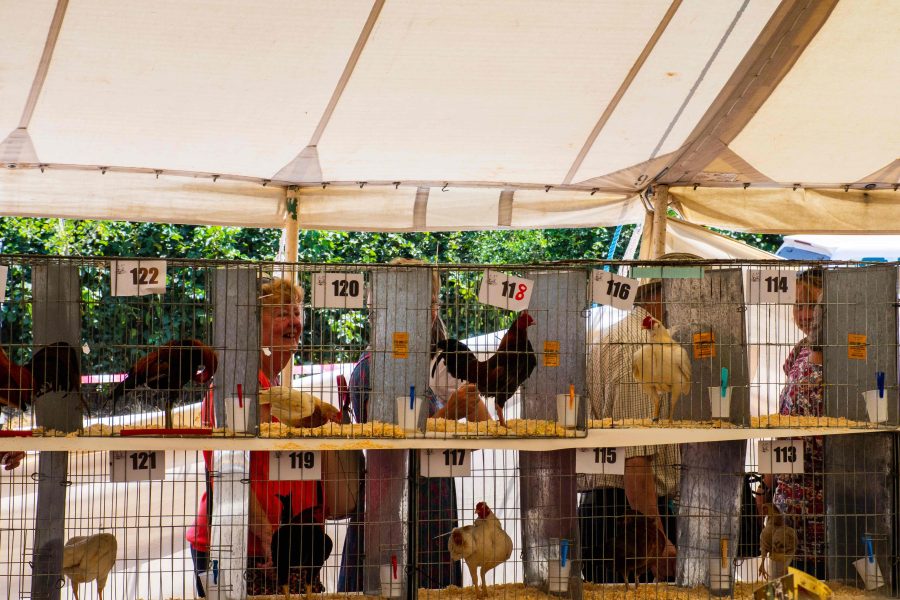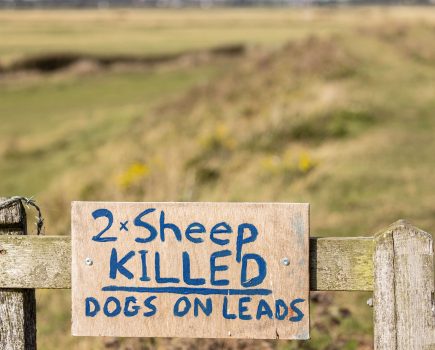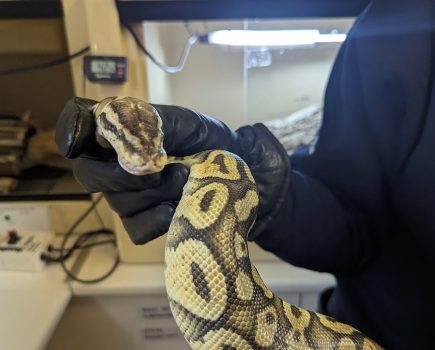Poultry shows – which had previously been suspended to help stop the spread of bird flu – are once again permitted in England under certain provisions. This latest update to restrictions follows the lifting of the Avian Influenza Prevention Zone (AIPZ) for poultry and captive birds in July.
From 23 August 2023, gatherings of Galliforme poultry and Galliforme birds including chickens, turkeys, pheasants, partridge, quail and guinea fowl are permitted in England, provided you follow the requirements of the general licence and that the Animal and Plant Health Agency (APHA) has been notified of the gathering at least seven days before the event.
Gatherings of Anseriforme poultry and Anseriforme birds including ducks, geese and swans are not permitted.
These changes only apply to gatherings of Galliforme poultry and Galliforme birds held in England only. Galliforme birds from premises located in Wales and Scotland are not permitted to attend Galliforme gatherings in England.
The UK has faced its largest ever outbreak of bird flu with more than 330 cases confirmed across the country since late October 2021. Find out more about the latest bird flu situation in England and guidance for bird keepers and the public.
Defra and the APHA maintain that all bird keepers must follow enhanced measures at all times to prevent the risk of future outbreaks and remain vigilant for signs of disease.
The UKHSA advise that the available evidence suggests viruses currently circulating in birds in the UK do not spread easily to people and food standards bodies advise that avian influenzas pose a very low food safety risk for UK consumers. There is no impact on the consumption of properly cooked poultry products, including eggs.
Do not touch or pick up any dead or sick birds that you find and instead report them using the new online reporting system or by calling the Defra helpline.
Avian influenza is in no way connected to the COVID-19 pandemic, which is caused by the SARS-CoV-2 virus and is not carried in poultry or captive birds.








